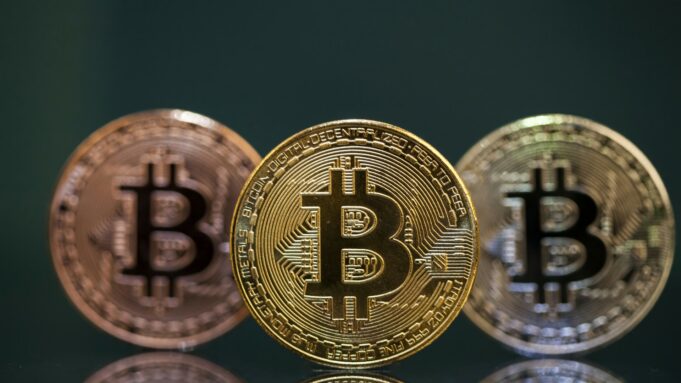Bitcoin has emerged as one of the most popular cryptocurrencies in the world. It has become a store of value and a means of exchange, among other things. The digital currency is decentralized, meaning it is not controlled by a central authority. It has been hailed as a global reserve asset, thanks to its potential to store value and facilitate cross-border transactions. One of the critical features that make Bitcoin a global reserve asset is block rewards. In this article, we will explore the significance of block rewards in Bitcoin’s role as a global reserve asset.
What are Block Rewards?
Block rewards are incentives given to miners for validating transactions on the blockchain network. Bitcoin miners solve complex mathematical problems to validate transactions on the network. The process of validating transactions is called mining. Once a miner validates a block of transactions, he/she is rewarded with a fixed amount of bitcoins. This is known as the block reward. The current block reward for Bitcoin is 6.25 BTC.
The significance of Block Rewards in Bitcoin’s Role as a Global Reserve Asset
1. Incentivizes Miners
Block rewards incentivize miners to validate transactions on the blockchain network. Without block rewards, there would be no incentive for miners to validate transactions. As a result, the blockchain network would not function correctly. The absence of incentives would also make it impossible to maintain the security of the network. The security of the network is essential in ensuring that Bitcoin remains a global reserve asset.
2. Limited Supply
Bitcoin has a limited supply. The total number of bitcoins that will ever exist is 21 million. This means that the supply of bitcoins is limited, and no more bitcoins will be created after the last bitcoin is mined. This feature makes Bitcoin a scarce asset that is highly sought after. The block reward is halved every four years, reducing the rate at which new bitcoins are created. This feature ensures that the supply of bitcoins is limited, making it a valuable asset.
3. Low Inflation
Bitcoin has a low inflation rate. The inflation rate of Bitcoin is predetermined and decreases over time. The block reward is halved every four years, reducing the number of bitcoins that are created. The low inflation rate ensures that the value of Bitcoin is not eroded over time. This feature makes Bitcoin a suitable global reserve asset, as it can store value over an extended period.
4. Network Security
The security of the blockchain network is critical in ensuring that Bitcoin remains a global reserve asset. The block rewards incentivize miners to validate transactions and maintain the security of the network. The process of mining is resource-intensive, requiring miners to invest in expensive hardware and electricity. This feature ensures that only serious miners can participate in the network, making it difficult for attackers to take control of the network.
5. Price Stability
The block rewards contribute to price stability in the Bitcoin market. The block reward is halved every four years, reducing the rate at which new bitcoins are created. This feature ensures that the supply of bitcoins is limited, making it difficult for the price to be manipulated by a few individuals. The limited supply of bitcoins also ensures that the price of Bitcoin is not affected by inflation.
Conclusion
Bitcoin has emerged as a global reserve asset due to its ability to store value and facilitate cross-border transactions. The block reward is a critical feature that contributes to Bitcoin’s role as a global reserve asset. The block reward incentivizes miners to validate transactions and maintain the security of the network. The limited supply of bitcoins and low inflation rate make Bitcoin a valuable asset that can store value over an extended period. The block rewards also contribute to price stability in the Bitcoin market. All these features make Bitcoin a suitable global reserve asset that can compete with traditional assets like gold and fiat currencies.

























